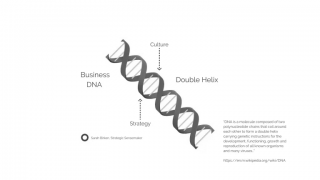Sustainable Development Goals: Observations
The Sustainable Development Goals (SDGs) are a set of 17 goals agreed by 193 Member States at the United Nations Sustainable Development Summit in New York in 2015. Signatories have committed to reaching these goals by 2030. This article provides context supplemented with observations on how Australia is tracking against the goals and associated indicators.
















